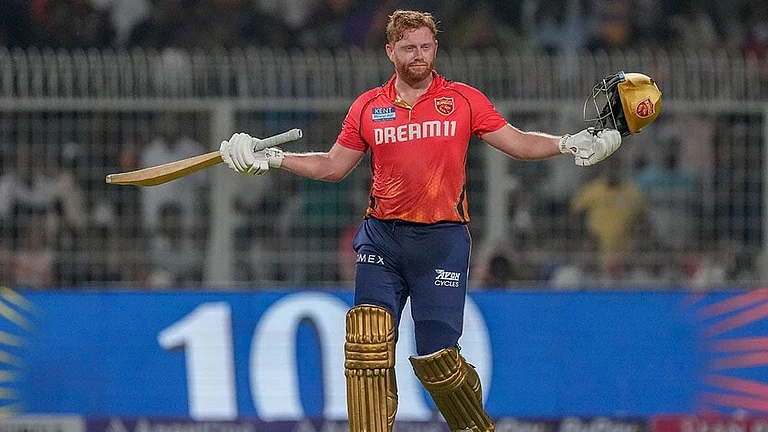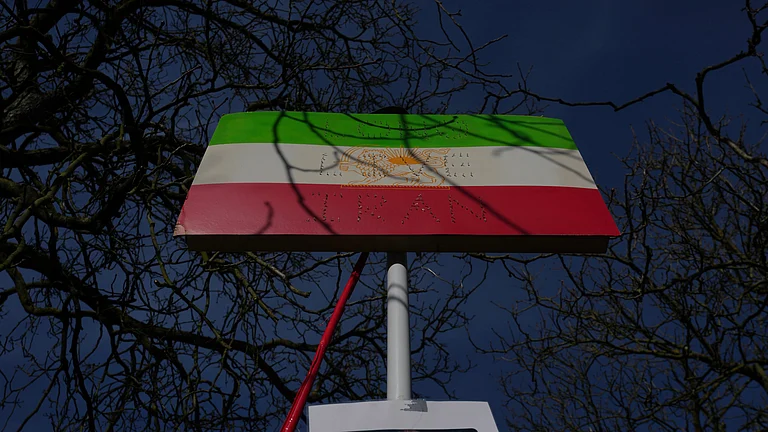A sessions court in Surat on Thursday dismissed Congress leader Rahul Gandhi’s appeal for a stay on his conviction in the ‘Modi surname’ criminal defamation case last month. This means the Gandhi family scion, MP from Wayanad remains disqualified from Parliament. What happens now that the plea has been suspended? And what does this entail for the former prime ministerial candidate? First things first : What happened?
Back in 2019, on April 13, at a rally in Kolar, Karnataka, during his speech, Rahul Gandhi posed a question to the crowd, “Why do all thieves, be it Nirav Modi, Lalit Modi, or Narendra Modi, have the surname, ‘Modi’?”. Shortly after, Purnesh Modi, a local BJP leader and former Union Minister filed a private complaint before the Chief Judicial Magistrate of Surat, contending that Gandhi had defamed everyone with the surname ‘Modi’.
Surat Magistrate H.H Verma on March 23 of this year found him guilty under Section 500 of the Indian Penal Code (IPC) which deals with the punishment for defamation —Whoever defames another shall be punished with simple imprisonment for a term which may extend to two years, or with fine, or with both.
Gandhi received the maximum sentence, but was given bail to appeal this decision. However this verdict triggered Section 8(3) of the Representation of the People’s Act, 1951 – A person convicted of any offence and sentenced to imprisonment for not less than two years shall be disqualified from the date of such conviction and shall continue to be disqualified for a further period of six years since his release.
Meanwhile on March 24, the Lok Sabha Secretariat issued a notification immediately disqualifying the Wayanad MP from the House with effect from March 23, the date of his conviction. They later justified the immediate issuance as Gandhi had presented himself at Parliament that morning, so they felt it was imperative at the moment. Days later on April 3, Gandhi filed two applications with the Surat court, of which if the latter had been allowed, his membership would have been restored. The decision regarding this was pronounced by Additional Sessions Judge R.P Mogera today, dismissing Gandhi’s appeal, which means his disqualification and punishment stands.
Now what?
While this means that the Wayanad MP continues to be disqualified, he can now go to the higher courts, namely the Gujarat High Court to appeal the decision of the Sessions court. Jairam Ramesh, in a tweet following the developments, said that the party would continue to avail all options still available to them under the law. The saga will continue, but for the present moment, Gandhi stands disqualified and he recently vacated his Tughlaq Road bungalow in Lutyen’s Delhi as well, asserting that he would clear his name by the law of the land, and comply with all instructions to the same.
What are his options?
Gandhi may have suffered minor inconveniences, but he does have a plethora of options at his disposal, with regard to his case, as many legal scholars, commentators and political leaders have been quick to point out.
To the public, the speed with which the state of affairs was executed reeked of politically charged interference by the ruling party. However, this is not without precedent. The courts in India have seen a variety of defamation cases, and they serve as important precedents, thus landmark cases have provided important decisions. One such case which draws an important parallel to Gandhi’s, is that of Azam Khan in Uttar Pradesh.
Azam Khan and his son, both MLAs, were suddenly convicted in a protest that had happened 15 years before. They were given the maximum sentence like Gandhi. The UP assembly asked for a copy of the verdict, and disqualified them. This was within three days of the verdict, a record at the time. It is only in the Rahul Gandhi case where the verdict, sentencing, and disqualification, all happened within 24 hours, despite the Lok Sabha’s justification for the immediate notification.
Though disqualification is practically immediate, it typically takes months for the disqualification to be actually notified. The disqualification notification is also a signal for the Election Commission to start the process for by-polls. Even if a higher court were to suspend the conviction, the reinstatement and the cancellation of the by-polls do not happen automatically, as we saw in the case of another MP, Mohammad Faizal from Lakshadweep.
Gandhi may have been a little careless with his remarks, but as many eminent jurists have pointed out, many fallacies exist with the judgement, giving Gandhi a good chance to overturn the verdict in the higher courts. A quick overlook of the main fallacies are the following :
1. It wasn't in the right jurisdiction. The speech was made in Kolar, while Purnesh Modi filed his private complaint in Surat.
2. One cannot apply criminal defamation in a general sense, the group has to be definite and identifiable. This is a laid down principle. Gandhi’s speech made specific references to three Modis. None of them were the aggrieved party and hence the question of Locus Standi, as ‘Modi’ is a widely used surname that does not refer to any particular community.
3. Defamation cases rarely carry the maximum punishment, especially for the entire term of two years which is exactly the term needed to disqualify an MP. Generally the punishment is a penalty or an award of damages. The exceptions also include defamation in service of truth which arguably was the attack line pertaining to Nirav Modi and Lalit Modi.
The future
While these were the three most critical fallacies pointed out by eminent jurists, many other factors, namely the suspected political interference, the timing and execution of the cases with regard to upcoming elections puts Gandhi in a strong position to fight back. Gandhi was defiant and confident, nonplussed and his party closed ranks behind him firmly. As well-wishers handed him roses in Khan Market shortly after the decision, Gandhi said the country had bigger things to worry about.
Gandhi will now move the higher courts, with the longstanding eminent jurists of his party preparing for all eventualities as Jairam Ramesh asserted. The saga will continue, now we must wait and see how it plays out.


























